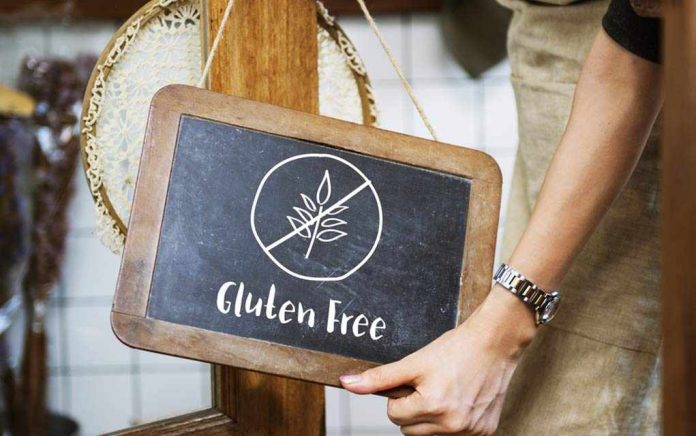The Food and Drug Administration (FDA) works to ensure that the labels of food consumers buy have accurate and complete information about the eight foods/ingredients that cause 90 percent of serious allergic reactions to food. Food allergies are a top food safety concern for the agency.
Anyone who suffers from food allergies must protect themselves. While some allergies are just irritating, many Americans go to the emergency room each year for allergic reactions to food.
A food allergy is a specific kind of bad reaction to food that involves the body’s immune system. The immune system produces an allergic antibody to a particular food. Once that food is eaten and binds with the antibody, there’s an allergic response.
What are the symptoms of a food allergy? The most common symptoms are:
- Hives, itching, or skin rash
- Swelling of the lips, face, tongue and throat, or other parts of the body
- Wheezing, nasal congestion, or trouble breathing
- Abdominal pain, diarrhea, nausea, or vomiting
- Dizziness, lightheadedness, or fainting
In some cases a person with food allergies can experience a severe, life-threatening allergic reaction called anaphylaxis.
This can lead to:
- Constricted airways in the lungs
- Severe lowering of blood pressure and shock (“anaphylactic shock”)
- Suffocation by swelling of the throat
Each year in the U.S., it is estimated that anaphylaxis results in:
- 30,000 emergency room visits
- 2,000 hospitalizations
- 150 deaths
To reduce the risks, the FDA requires that major allergenic ingredients in all the foods it regulates are accurately labeled. FDA regulates all foods except meat, poultry and certain egg products. FDA-regulated food labels must state clearly whether the food contains any components of the eight major food allergens:
- Milk
- Eggs
- Peanuts
- Tree nuts, such as almonds, walnuts, and pecans
- Soybean
- Wheat
- Fish
- Shellfish such as crab, lobster, and shrimp
Remember to take all measures to protect yourself or family members who suffer from food allergies. In addition to avoiding food items that cause a reaction, we recommend that persons with food allergies:
- Wear a medical alert bracelet or necklace stating that they have a food allergy.
- Carry an autoinjector, such as an Epi-pen, to promptly administer epinephrine (adrenaline) during early symptoms of anaphylaxis to help prevent serious consequences.
- Immediately seek medical help if experiencing a food allergic reaction.












